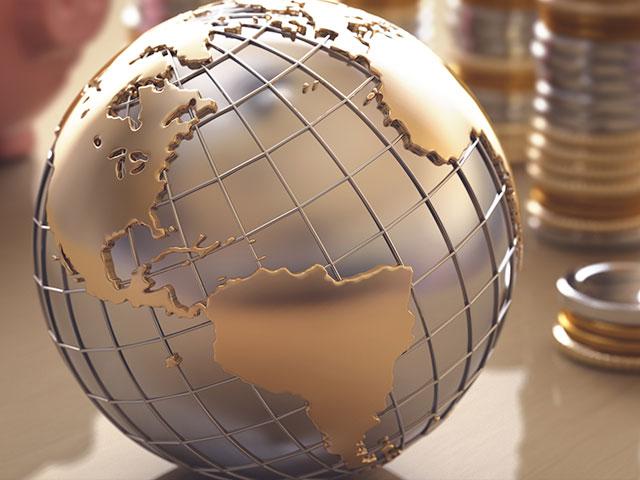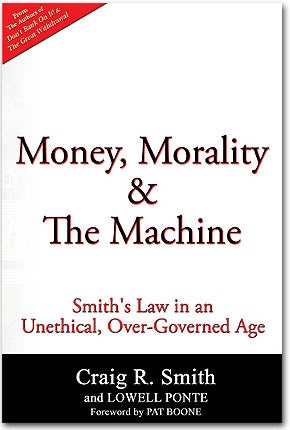Value's Last Stand

As we find ourselves mired in the uncertainty of an impending presidential election, we’re naturally reflective about the economy. Have we, in fact, recovered from the Great Recession? The current administration has spent a great deal of time and energy assuring us we have.
The stock market has hit new highs, unemployment has hit new lows, wage growth has improved, and housing has strengthened. But terms like quantitative easing, loose monetary policy and negative interest rates have all become part of an uncomfortable new vernacular leaving many Americans skeptical about the value of their money and the reliability of government figures. The strength of the dollar is now only relative to a fluctuating basket of equally debased currencies.
Proponents of globalization tout barrier-free trade, cultural exchange and the unrestricted movement of worldwide capital while downplaying the hazards of porous borders, trade imbalances and the flood of low-wage migrant labor that is displacing scores of workers. Agreements like NAFTA (North American Free Trade Agreement) have, in fact, resulted in the outsourcing of many working-class American jobs to cheaper off-shore alternatives. These predominantly blue-collar workers are considered collateral damage to an economic elite with an idealized notion of shared prosperity.
The European Union (EU), for instance, was created to promote economic harmony among otherwise diverse countries. A common currency (the euro) and special trade partnerships were enacted to enhance market efficiencies. But the EU is facing a host of challenges as its member states contend with mass unemployment, stressed central banks, a refugee crisis and heightened terrorism. The United Kingdom’s Brexit vote was clearly a rebuke of the “European Project” and joins a surge of protectionist movements like Germany’s right-wing AfD party, Italy’s Eurosceptic “Five Star Movement” and the rise of populist candidates like Austria’s Norbert Hofer, France’s Marine Le Pen and America’s Donald Trump.
Brexiters crusaded for freedom from Brussels bureaucrats. They pushed for sovereign borders and pro-UK trade deals. As I outline in my new book, Money, Morality and the Machine, Brexit was the UK’s Declaration of Independence and reflects a deep mistrust of the political establishment and growing doubts about multinationalism. We, too, are controlled by a culture of political elitism that has over-taxed, over-spent, over-borrowed and over-regulated every aspect of our lives. Our borders are under siege, our trade deals are hurting American workers and our Fed is determined to keep interest rates artificially low.
The United States left the gold standard back in 1971, but it was the creation of the Federal Reserve some 58 years earlier that began the slow and steady debasement of the dollar. The Fed has systematically undermined America’s reserve status and weakened the fiscal vitality this country was built upon. The solid, tangible money of our forebears has been replaced by paper promissory notes backed by the “full faith and credit” of an overdrawn US government. Time and time again we have lacked the fiscal fortitude and economic morality to balance our books and stop living beyond our means. In doing so, we have robbed future generations of their American Dream.
One of the other lessons of the Great Recession has been the notion of trust. We have learned not to trust banks, the markets, the Fed and in many cases, each other. Special interests, predatory lenders, manipulated markets and cycles of corruption have preyed upon the American consciousness. And while there is no “union” we can leave or “exit” we can enact, we CAN return to honest money.
Gold is where real money began, and it may very well be where it ends. While global currency wars are clearly a race to the bottom; gold is a rush to freedom, independence, and universal purchasing power. In this age of political and economic elitism, gold is value’s last stand.
For a limited time, to celebrate the release of Mr. Smith’s brand new book Money, Morality & the Machine, Swiss America is offering CBN.com readers a complimentary copy ($19.95 value) by calling 800-289-2646 or registering online.






